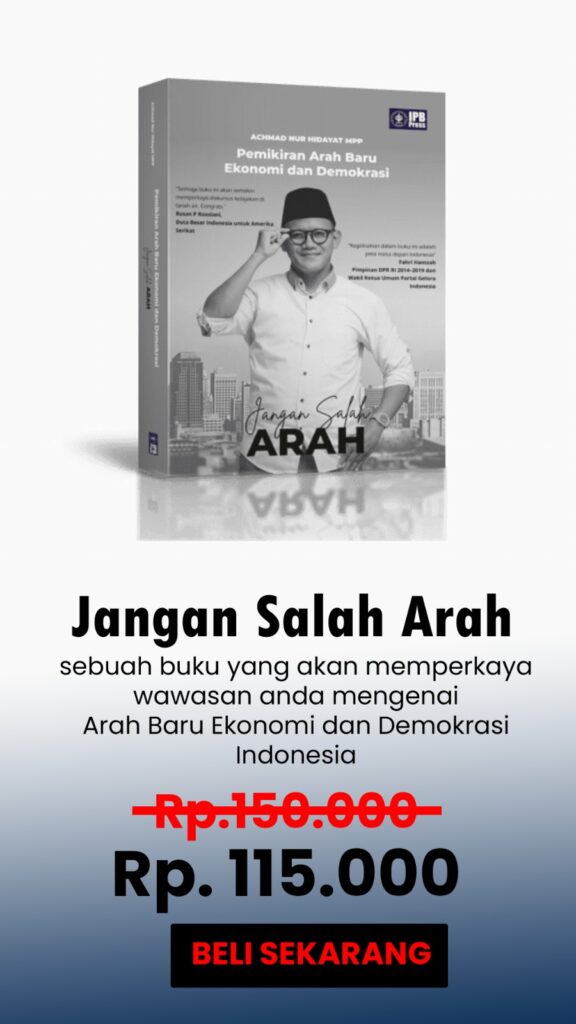Economist and public policy observer from UPN Veterans Jakarta, Achmad Nur Hidayat, applauds the Jakarta Provincial Government’s policy of implementing a work-from-home (WFH) policy as a way to deal with air pollution in the city. However, he questions the effectiveness of such a policy.
According to Achmad, relying on reduced mobility in the transportation sector is not significant enough to reduce pollution.
“Whilst reducing traffic can reduce pollution, without high discipline and a more comprehensive approach, it will be difficult to achieve the expected results,” Achmad said in a WhatsApp message on Tuesday, August 22.
The Jakarta government is implementing a 50-percent work-from-home policy starting August 21 for the state civil apparatus. Acting governor Heru Budi Hartono said that the WFH is eligible for companies and corporates that engage in sectors that do not have direct contact with the needs of the community.
The policy does not apply to state hospital workers and school employees.

Strategies to Address Jakarta Air Pollution
According to Achmad, the Jakarta Provincial Government needs to take a number of strategic steps to deal with air pollution. First, Achmad recommended the government to improve the quality of public transportation. “Not only the frequency, but the comfort and accessibility,” said Achmad.
The second is to enforce a diverse working hours to avoid traffic jams during rush hour. Third, disseminating and promoting the use public transportation. According to him, large-scale campaigns are needed in order to raise public awareness of using public transportation.
Fourth, developing pedestrian and bicycle-friendly infrastructure by widening sidewalks and providing special bicycle lanes. And lastly, he recommended subsidizing public transportation.
Source: en.tempo.co








